What type of water damage do you have?
Call us now at 954-226-0003 or message us online.

Water Category 1 or Clean Water
This is called “clean water” because the water comes from a clean source; it is not contaminated and does not pose a threat to people if they get exposed to it, whether through the skin, by ingesting it, or by inhaling it. Some examples of Category 1 water damage are water from a sink or bathtub overflow, broken water supply line, melting ice or snow, falling rainwater, and toilet supply tank overflow or leak. While Category 1 is deemed safe, it only takes 48 hours to become Category 2
Water Category 2 or Grey Water
This is called “grey water” and contains significant contamination (bacteria, mold, and/or chemicals) that can potentially cause discomfort or illness to individuals who come into contact with it or ingest it. Grey water can be dirty water from your dishwasher or washing machine. It could also be leaking from water beds, toilet overflow with just urine, broken aquariums, and seepage due to hydrostatic pressure. Category 2 water can easily become a Category 3 if it doesn’t get treated within the first 48 hours. Remember, bacteria and mold are growing in that water!
Category 3 or Black Water
This is called “black water”. This type of water contains pathogens, toxins, and other harmful agents that can cause serious illness or even death. Obviously, this category of water is grossly contaminated. Black water occurs from sewage backup, toilet backflows containing feces, seawater, and rising flood water. The last one is considered black water due to the possibility of organisms and chemicals in overfilled septic and sewer systems, decaying ground debris, animal feces, and fertilizers. Serious diseases such as tetanus can also be present in rising flood waters. When dealing with black water, personal protection equipment is a must. Any affected objects, such as padding, carpet, and even Sheetrock, must be disposed of. An antimicrobial and anti-fungal chemical spray must be applied on-site to kill any microorganisms and prevent further growth.
Water damage insurance claims are one of the most common types of property claims. Water damage can cause some of the biggest financial expenses for insurance companies, often resulting in much grief and aggravation for Property Owners who should be entitled to quick and fair settlements.
Time is essential when dealing with water damage, and the key is to act fast! Not only can the water ruin your carpets, ceiling, and furniture, but it can also destroy precious family possessions, important documents, and irreplaceable personal items. Understanding insurance coverage for accidental water discharge from a plumbing system in your home can be tricky. Policies exclude most situations that involve water seepage or leakage that occurs over time, and the Insurance Companies take advantage of that exclusion frequently. Just because your insurance says the water damages to your home are not covered doesn’t mean that the coverage determination is correct. Time is of the essence when you are dealing with water damages. Moving quickly increases the chances for our Public Adjusters to secure the highest possible settlements for our clients.
Water Damage can take many different forms and show up in your home or business in several ways. If you suspect that you might have water damage, it is essential to know what the common causes are so that you know how to prevent minor water damage from turning into a bigger problem. The most common causes of water damage are:
- Water heater burst
- Broken drain lines
- Broken supply lines
- A/C Unit leak
- Shower Pan Leak
- Broken Pipe Inside The Walls
- Roof Leaks
- Sewage Overflow Or Backup
Water damage isn’t only a nuisance to your daily life and routine, there are health risks, and it can also be very dangerous. The Institute of International Cleaning and Restoration Certification (IICRC) determines the categories of water damage. There are three types of water damage that you should be aware of. Understanding the types of water damage you face is essential when filing your insurance claim. It will also help you to take the necessary precautions to avoid any further damages to your property but, most notably, to your health. The nature of water damage can make the scope of the damages difficult to asses if it’s not done properly, which could result in underestimated water damage claims. Our public adjusters are trained to understand and demonstrate the type of water damage you face. They will help you get the settlement you deserve for any and all associated damage.
If you have water damage at your home, you should absolutely consider contacting a Licensed Public Adjuster to help you with your Insurance claim. We are a true team of professionals who will exhibit both experience and empathy while seamlessly guiding you through the insurance claim process. We will explain every step and detail to you so that you are fully aware of what will happen to your property. Let our Public Adjuster represent you throughout the entire claim process and secure the highest settlement.
